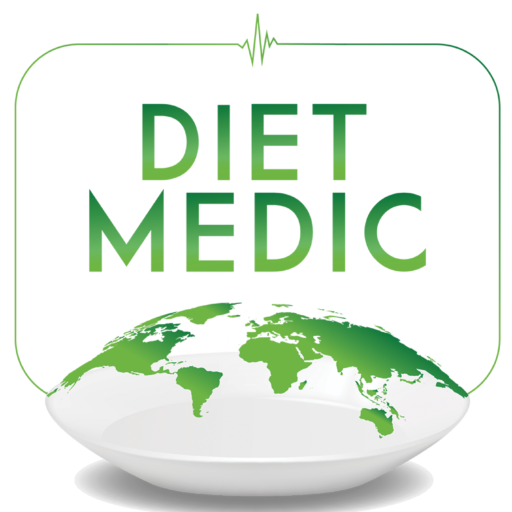Sustainable Diets: The Key to Long-term Health and Environmental Care
Category new insights
The Key to Long-term Health and Environmental Care
Embracing sustainable diets is a vital step toward bridging the gap
between environmental stewardship and maintaining long-term
health. These diets, which focus on minimal environmental impact
and optimal nutritional value, address the crucial needs of
ecological sustainability and personal well-being.
Understanding Sustainable Diets
Sustainable diets are defined by their low environmental impact and
high nutritional quality. Central to these diets are plant-based foods,
minimally processed ingredients, and locally sourced produce,
which not only reduce greenhouse gas emissions but also conserve
natural resources. They represent a synergy of ecological
responsibility and nutritional adequacy.
Health Benefits of Sustainable Diets
Transitioning to a sustainable diet brings with it profound health
benefits. Such diets are typically rich in fruits, vegetables, whole
grains, and plant-based proteins, offering a balanced and
nutritionally dense eating pattern. This approach is linked to a
reduced risk of chronic diseases like heart disease, diabetes, and
certain cancers, highlighting the intrinsic connection between diet
and health.
Environmental Impact of Diet Choices
The impact of our dietary choices on the environment is significant.
Sustainable diets advocate for a reduction in food waste and an
increased consumption of organic and locally grown foods.
Reducing the intake of red and processed meats is also a key
aspect, as these food items have a larger carbon footprint. By
adopting these practices, we can lower our overall environmental
impact and contribute to biodiversity conservation.
Practical Tips for Adopting Sustainable Diets
Adopting a sustainable diet involves several actionable steps:
prioritizing plant-based foods, choosing organic and locally
produced items, reducing meat and dairy consumption, minimizing
processed and packaged foods, and planning meals to avoid food
waste. These steps are practical and can be integrated into daily
life, contributing to personal health and ecological well-being.
Challenges and Future Perspectives
Despite the clear benefits, there are challenges in adopting
sustainable diets, including issues of accessibility, affordability, and
ingrained cultural dietary preferences. Future strategies should
focus on policy initiatives, public awareness, and improving food
systems to make sustainable diets more accessible and appealing
to diverse populations.
Conclusion
The adoption of sustainable diets is crucial for our health and the
planet. It requires a collective effort and a willingness to shift our
food choices, emphasizing the need for informed and conscientious
dietary decisions.


